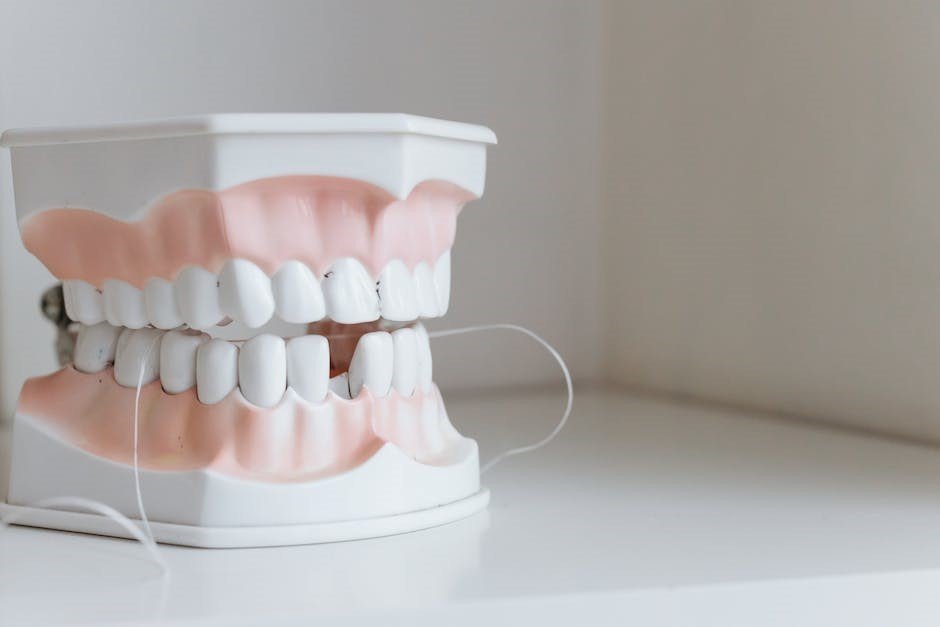Table of Contents
ToggleYou no longer have a full set of teeth. What do you do for breakfast? Did you skip lunch?
There is more to eating with dentures than struggling to chew your food. In many shocking and amusing ways, you might feel like a stranger to eating as you once did.
Here is what you should know. Read on!
Consider a Gentle Diet
This diet offers a wide variety of nutritious, soft, and easily chewable foods that are gentle on the dentures while still being tasty and satisfying. Foods like mashed potatoes, cooked vegetables, oatmeal, eggs, cooked fish, and cooked grains can all be enjoyed without needing to be sparing with your enjoyment.
Additionally, eating “wet” foods like foods served in soups, pureed fruits and vegetables, applesauce, and yogurt are all ideal choices for flexible partial dentures wearers. Drinking plenty of water after meals is highly encouraged because it helps to clear away remaining food particles.
Getting Back to Your Regular Diet
It’s important to take it slow and to make sure you eat in a very deliberate and controlled manner. Start by chewing soft, moist foods slowly and breaking them into small pieces. Soup, scrambled eggs, and pudding are all great options.
Practice chewing on both sides of your mouth, as it will make it easier to get used to wearing dentures.
Foods to Avoid While Using Dentures
Using dentures doesn’t have to be a limiting experience. To help make eating with dentures as stress-free as possible, here are what not to eat with dentures:
- foods with sticky substances
- hard and crunchy items
- any food that is extremely hot or cold
- food with small but stubborn pieces
- tough meats
Eating Following Recovery
This can present a challenge for many patients recovering from dental procedures. To make the process easier, the following are some guidelines to follow:
Start With a Soft Food Diet
After the first healing process, begin to move up to a more balanced diet with softer fruits and vegetables, cooked cereals and pasta, and even some softer fish and poultry.
Learn to Chew in Different Ways
Instead of biting down completely, it is important to use the side of your mouth so as not to put too much pressure on the dentures. Additionally, try pre-cutting your food into smaller pieces to make it easier to chew.
Be Patient With Yourself
It usually takes about four to six weeks for your mouth to adjust to wearing dentures. Until then, it’s normal to experience minor discomfort, so don’t push yourself too hard.
Schedule Regular Dental Check-Ups
Follow-ups with your dentist are essential to make sure your dentures are fitting properly, and your mouth heals without any issues.
Follow These Routines That Work Best While Eating With Dentures
Overall, eating with dentures has its challenges, but it’s still possible to eat and enjoy food. Quality dentures and a bit of adaptation can make it easier.
So, take the time to consider your options and find which dentures and foods work best for you. Enjoy your meals! Call your dentist today for denture care or changes to get started.
Keep coming back to check out our other blogs to learn more!
